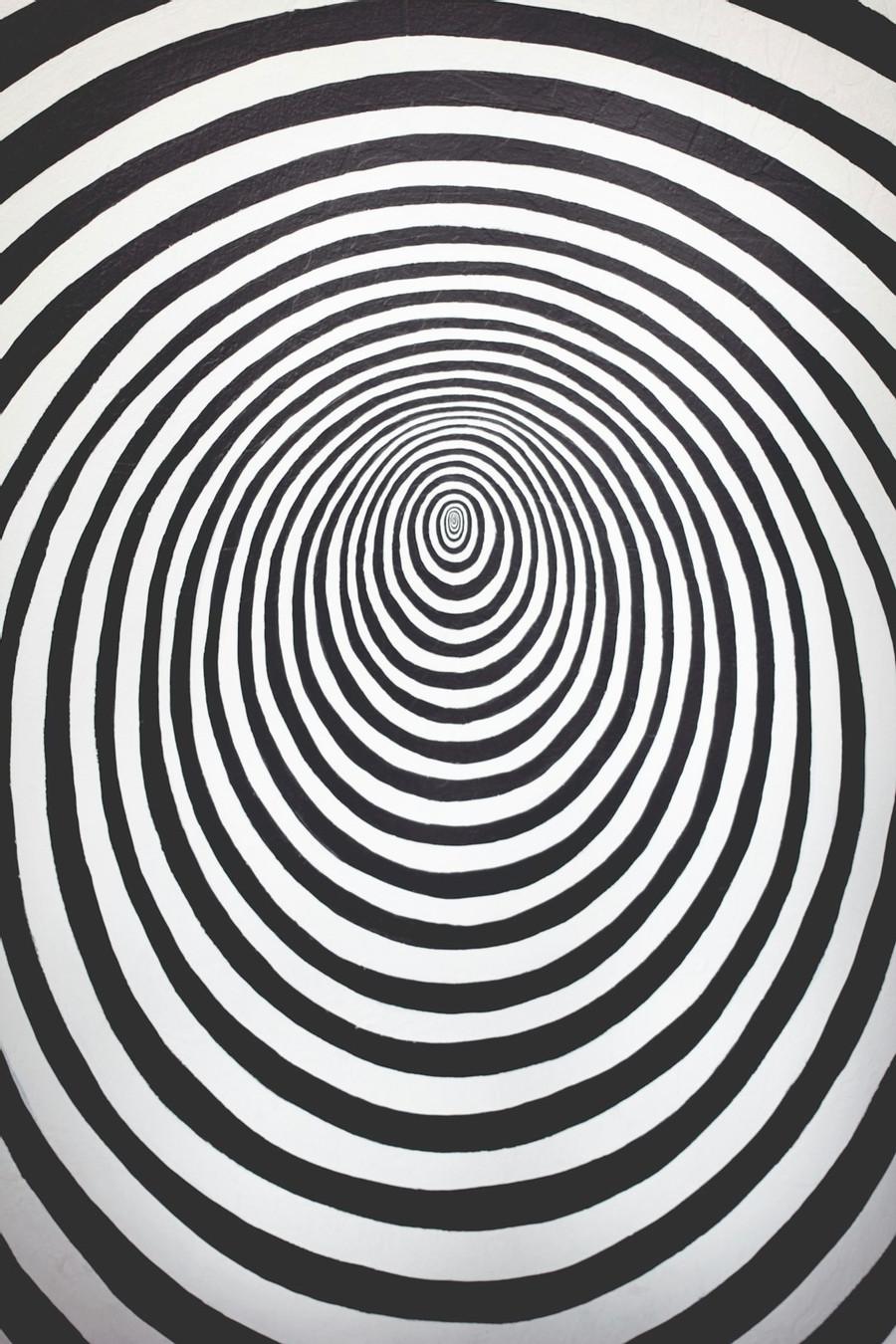Eastern view: The self is an illusion
Buddhism, Taoism, the Advaita Vedanta school of Hinduism, and other schools of Eastern thought have quite a different take on the self, the ego, or “me.”
They say that this idea of “me” is a fiction, although a very convincing one.
Buddhism has a word for this concept — anatta, which is often translated as “no self” — which is one of the most fundamental tenets of Buddhism, if not the most important.
From neuropsychologists POV, science is just now catching up with what Buddhist, Taoist, and Advaita Vedanta Hinduism have been teaching for over 2,500 years.
39
356 reads
CURATED FROM
IDEAS CURATED BY
Stern thought. In the worldview of the West, we herald the greatest thinkers as world-changers. There is no more concise example of this than philosopher René Descartes’ famous statement, “Cogito, ergo sum,” or, “I think, therefore I am.” But who is this? Let’s take a closer look at the thinker, or the “me,” we all take for granted.
“
Similar ideas to Eastern view: The self is an illusion
Carl Jung’s Archetypes: The Self
- The Self is a circle, or ‘zero’, which represents the unified unconsciousness and consciousness of an individual.
- Individuation is a process in which all aspects of our personality are integrated and in harmony.
- The ego is the center of consciousness, but the self is at th...
Read & Learn
20x Faster
without
deepstash
with
deepstash
with
deepstash
Personalized microlearning
—
100+ Learning Journeys
—
Access to 200,000+ ideas
—
Access to the mobile app
—
Unlimited idea saving
—
—
Unlimited history
—
—
Unlimited listening to ideas
—
—
Downloading & offline access
—
—
Supercharge your mind with one idea per day
Enter your email and spend 1 minute every day to learn something new.
I agree to receive email updates
